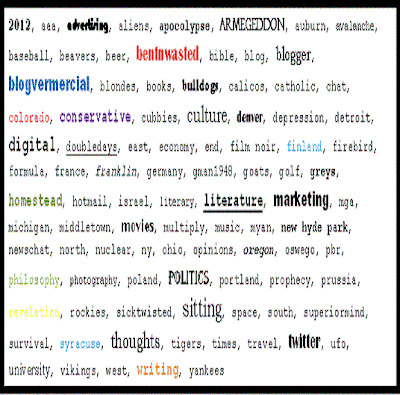Author: Lauren Hobson
Although Twitter continues to gain acceptance in the business community as a business communication and marketing tool, I’m still amazed at the number of small businesses that don’t see the value of using this micro-blogging service as a marketing tool for business.
Just in case you need a refresher, Twitter (www.twitter.com) is a unique micro-blogging tool that lets users communicate with their “followers” in quick text messages of 140 characters or less called “tweets.”
Social networking sites like Twitter, Facebook, LinkedIn, and YouTube are typically most effective when they are appropriately integrated with each other and with a company’s existing marketing efforts, since each one provides distinct benefits and advantages in an integrated social marketing plan. But Twitter – even when used as a stand-alone social networking strategy – can be a powerful tool in any small business marketing toolbox.
Some of the benefits of using Twitter in your marketing mix include:
- Highly targeted audience: The people who choose to “follow” you on Twitter are already interested in hearing what you have to say, or they would not have followed you to begin with. This provides you with an audience of folks who have specifically opted-in to receive your messages and want to listen to what you have to say.
- Instantly reach your “followers”: When you post something to your Twitter account (referred to as “tweets”), the message is instantly sent to your followers in the way they have chosen to be contacted. This could be a text message sent to their cell phone, posted to their Twitter page on the web, RSS-fed to a Facebook page or profile, etc. Regardless of the method your followers have selected, your tweets appear within a few seconds.
- Generate traffic to your web site: By adding links in your tweets, you provide followers with direct access to your web site, to other social networking profiles, to your blog, etc. Again, if your social marketing has been properly integrated, all of this will lead back to your web site, generating more traffic and new visitors.
- Improve your search engine rankings: By optimizing your Twitter profile (and integrating your social marketing efforts), you can build valuable inbound links to your web site, which is key in improving your site’s position in the search engine rankings.
- Increase brand awareness and online visibility: Being active on Twitter gets your business name in front of customers as well as the general public everyday, which in turn helps build name recognition and improves brand awareness for your business.
- Enhance customer service: Many businesses have found that by using Twitter, they can respond to customer needs (or complaints) very quickly and efficiently, allowing them to improve their level of service while publicly demonstrating their responsiveness and commitment to customers.
- Manage your online reputation in real time: By monitoring Twitter for mentions of your business name, key personnel, product names, etc., you can keep track of what people are saying about your business and to respond or intervene quickly if necessary. There are also free tools available to help you monitor your reputation in Twitter (like Twilerts and Tweetdeck), which can make it very easy to monitor your reputation online.
These are just some of the ways in which Twitter can benefit your business, and as social networking continues to grow in popularity, there will surely be even more features, new uses, and business benefits to be gained by using Twitter.
Whether you are just thinking about using social marketing or have already started to use it, Twitter can be a great tool to integrate into your social marketing strategy as you go forward. And for small businesses that are serious about marketing, the value of Twitter is pretty clear.
Article Source: http://www.articlesbase.com/social-marketing-articles/how-can-twitter-help-your-business-1156894.html
About the Author:
Lauren Hobson, President of Five Sparrows, LLC, has more than 16 years of experience in small business technology writing, marketing, and web site design and development. Five Sparrows provides professional website, marketing, and social networking services to small businesses and non-profits at affordable prices, giving clients access to customized services that meet both their needs and their budgets. More at www.fivesparrows.com











